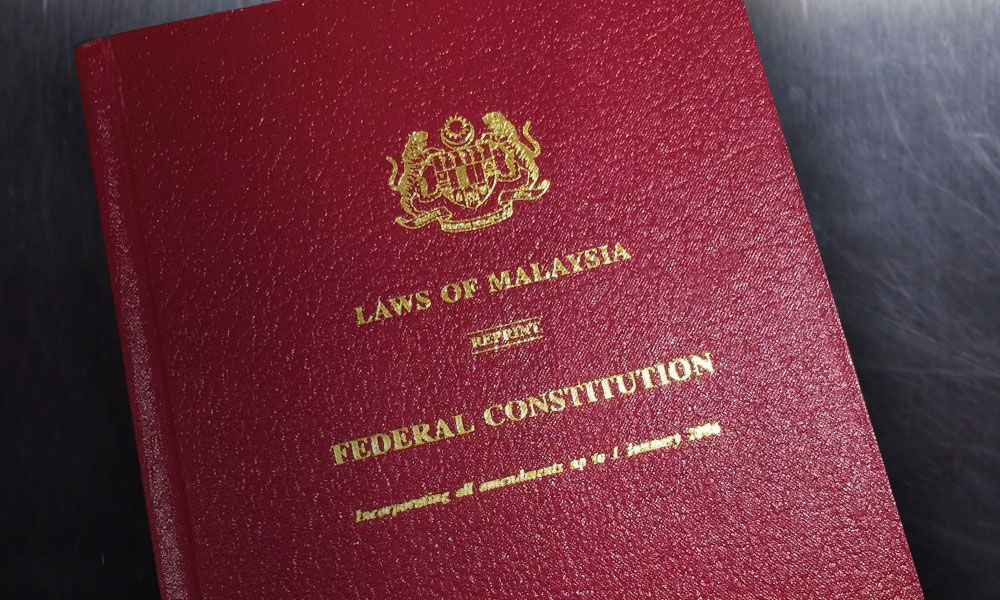The Malaysian Consultative Council of Buddhism, Christianity, Hinduism, Sikhism, and Taoism (MCCBCHST) has urged the government to amend Article 122B of the Federal Constitution, arguing that it grants excessive power to the executive in judicial appointments.
In a statement, the council said the amendment is necessary to uphold the independence of the judiciary and honour the government’s election manifesto commitment to reforms that reinforce the separation of powers between the executive, legislature and judiciary.
“The Federal Constitution is based on the principles of separation of powers, the rule of law and the protection of minorities.
“These principles are part of the basic structure of the Constitution. Hence, they cannot be abrogated or removed,” said the five council member heads, citing the Federal Court’s landmark decision in Indira Gandhi v Director of Perak Islamic Department & Ors.
Article 122B(1) of the Constitution currently provides for the Yang di-Pertuan Agong to appoint senior judges on the advice of the prime minister, after consulting the Conference of Rulers.
The interfaith body said Article 122B gives the prime minister too much power over the appointment of High Court and Federal Court judges.
The premier's only obligation would be to consult the lord president, the chief justice of each High Court, but their advice can be ignored, said MCCBCHST.
"This excessive power given to the prime minister in the appointment of judges under Article 122B(i) violates the doctrine of separation of powers and the basic structure of the Constitution when it should be the chief justice who advises the Yang di-Pertuan Agong relating to the appointment of judges," the statement said.
On Jaca
The interfaith group noted that when the Constitution was formed in 1957, the doctrines of the separation of powers and the basic structure of the Constitution had not been developed yet.

To limit the prime minister's unbridled power to appoint judges, the Judicial Appointments Commission Act 2009 (Jaca) was passed, among others, to provide criteria for judicial appointments.
"However, Jaca itself has been criticised as still giving too much power to the prime minister in the appointment of judges and various calls for reforms have been made," it said.
The statement then listed out prominent opposition against Jaca, including from Chief Justice Tengku Maimun Tuan Mat during her speech at the 24th Commonwealth Law Conference in Malta in April this year.
Other examples include a joint statement by nine former Malaysian Bar presidents, law professor Shad Saleem Faruqi, Yang di-Pertuan Agong Sultan Ibrahim Sultan Iskandar, and former minister Zaid Ibrahim.
"The MCCBCHST calls upon the government to take note of the various calls made for reform as stated above and fulfil its manifesto promise, including ensuring the independence of the judiciary.
"This requires amendments to be made to Act 122B and to some provisions of Jaca, so that the appointment of judges is for the chief justice to advise the Yang di-Pertuan Agong, not the prime minister," the group said.
It added that any involvement of the prime minister in the judicial appointments process amounts to an interference by the executive in the judiciary, and the government must carry out promised reforms to ensure judicial independence. - Mkini




No comments:
Post a Comment
Note: Only a member of this blog may post a comment.